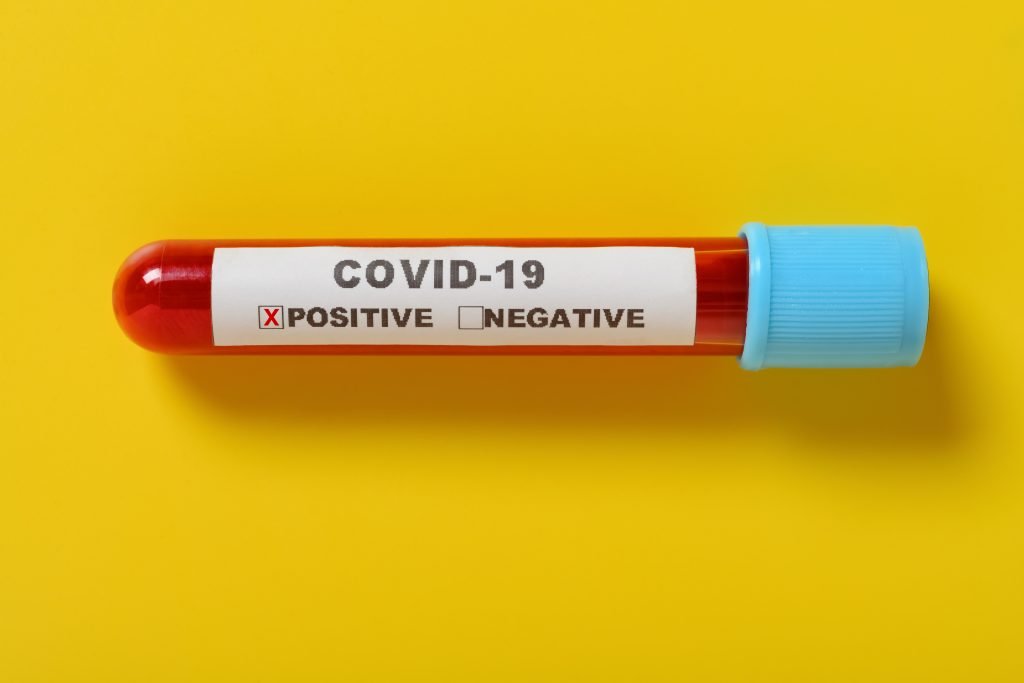Many questions have thus far been left unanswered regarding the COVID-19 pandemic. Foremost among these is the question of how will so-called ‘long COVID’ affect us in the future?

There remain many unanswered questions. How many individuals have been affected by the disease and remained asymptomatic is all but unknown, as is the length of time that immunity lasts following infection — or even following vaccination. Adding to the concern, current tests are sometimes inaccurate under certain circumstances.
Antibody tests – which detect immune cells produced in response to infection – are estimated to miss around thirty percent of cases. This is more common in mild disease cases or after six months of initially contracting the virus. Many will be asymptomatic and so may never have been tested for the virus at all.
Scientists at the University of Cambridge hope to generate some answers to these questions. Dr Mark Wills from the Department of Medicine at the University of Cambridge, who co-leads the team, said “we need a reliable and objective way of saying whether someone has had COVID-19. Antibodies are one sign we look for, but not everyone makes a very strong response and this can wane over time and become undetectable.
“We’ve identified a cytokine that is also produced in response to infection by T cells and is likely to be detectable for several months – and potentially years – following infection. We believe this will help us develop a much more reliable diagnostic for those individuals who did not get a diagnosis at the time of infection.”
The cytokine test is hoped to be a means of diagnosing long COVID. Currently, due to the inaccuracy of antibody tests over long-term periods following infection, long COVID cannot be stated as a definitive diagnosis. Given the range of symptoms, this opens a potential diagnosis for a range of other conditions.
Dr Nyarie Sithole, who co-leads the team and helps to manage long COVID patients, said that “because we currently have no reliable way of diagnosing long COVID, the uncertainty can cause added stress to people who are experiencing potential symptoms. If we can say to them ‘yes, you have a biomarker and so you have long COVID’, we believe this will help allay some of their fears and anxieties.”
Health Issues India reported on long COVID symptoms earlier this year, citing a Lancet analysis which found 76 percent of patients reported at least one ongoing symptom. Long COVID has thus far been defined by the following symptoms, presenting themselves often many months following infection: fatigue, myalgia or inflammation, insomnia, and mental health impacts including anxiety.
Commentators have warned of the dangers of post-traumatic stress disorder among those who have contracted COVID-19. The most common symptoms included fatigue or muscle weakness, reported by 63 percent; sleeping difficulties, reported by 26 percent; and anxiety or depression, reported by 23 percent.
Fatigue experienced by many that experience long COVID may be related to the tissue damage to the lungs. It is speculated that this potentially lasting damage relating to scarring of the lungs results in a chronic decrease in lung capacity. This is of particular concern as it may elevate the risks of lung conditions such as emphysema, lung cancer, or asthma. Given India’s numerous other elevated risk factors for lung conditions, such as high smoking rates and high levels of air pollution, these could combine to form a future public health crisis.
The tests are, however, in their initial stages. The pilot stage of the study saw the team recruit 85 patients to the Cambridge NIHR COVID BioResource, which collects blood samples from patients when they are first diagnosed with the virus, as well as at follow-up intervals over several months. They now hope to expand their cohort to 500 patients, recruited from Cambridgeshire and Peterborough.
These individuals will be followed up on for a period of eighteen months with the hopes of addressing the question of whether both antibodies, and the cytokine markers reduce over time. With this data, it can be determined how long immunity lasts post-infection. Answers to this question could be vital in informing vaccination campaigns in the future. Depending on the data, this could mean the difference between a single vaccination campaign or a yearly, flu-like vaccination drive that would require annual boosters. Such a prospect would be daunting, leaving us facing a costly, resource intensive fight still ahead to combat the COVID-19 as new variant strains become ever more of an issue.

